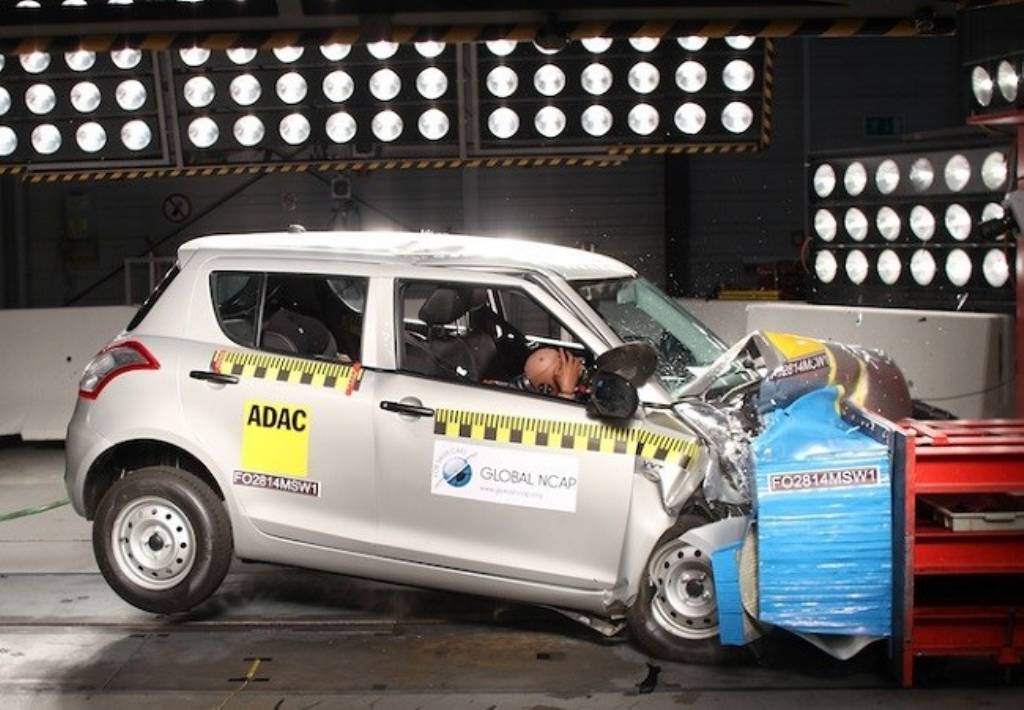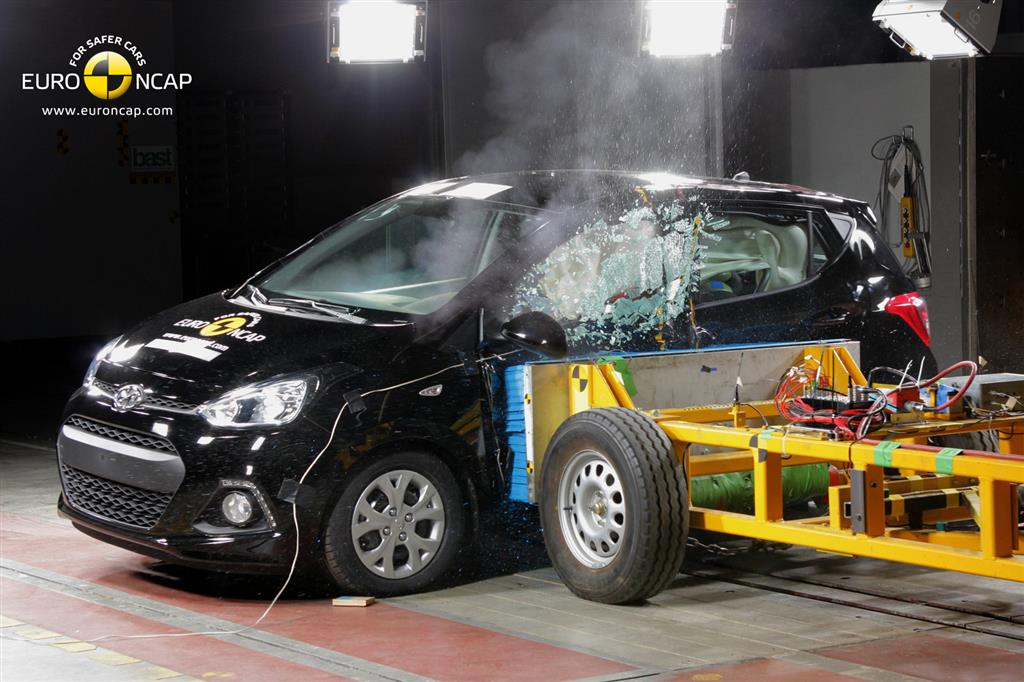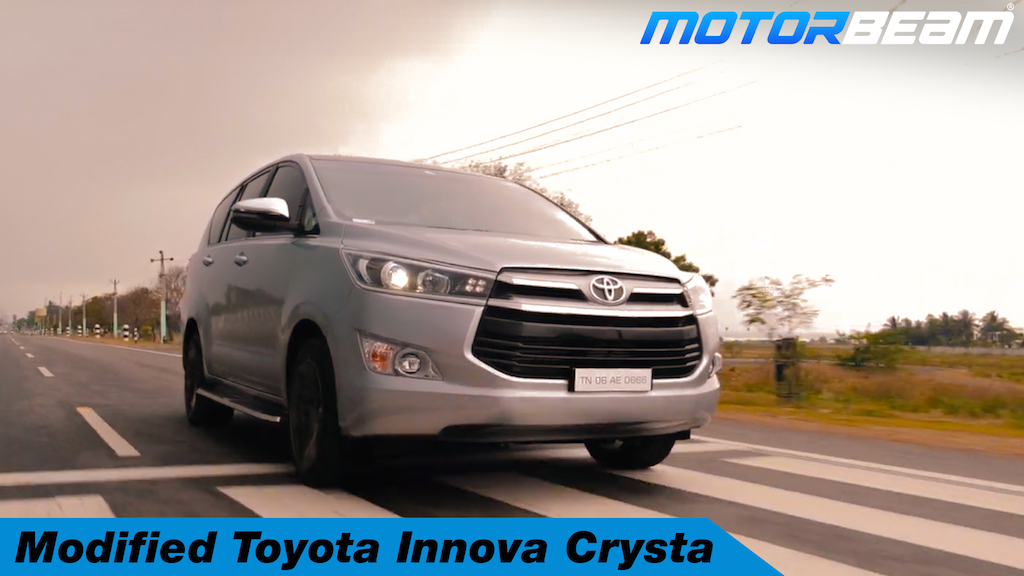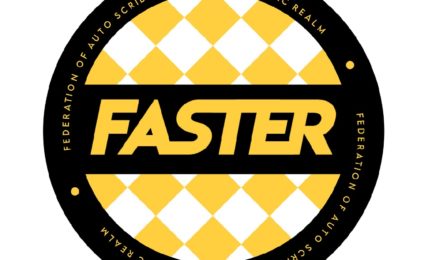While car manufacturers in India are claiming that safety features don’t equate to saving lives, the American vehicle safety organisation has proved the opposite.

We all know that 2014 has been a tough year for automakers in our country. Sales were struck because of the global economy slowdown and auto companies were haunted by Global NCAP reports. There has been immense pressure on both governments and automakers to upgrade/mandate safety systems in both two and four wheelers. The Indian government was swift enough to take necessary decisions to make future vehicles; while some responsible car makers came forward mandating ABS and airbags.
On the other hand, few carmakers gave utter dumb reasons stating their cars were meeting Indian regulations. This is the story of our own auto-industry; but there are countries that don’t believe in burning their hands and value the lives of their customers. We all know that USA is far ahead in terms of utilisation of technologies; the best reference is the Hyundai Genesis.
In a recent report issued by the US National Highway Traffic Safety Administration (NHTSA); the organization estimates that since 1960, motor vehicle safety technologies have saved more than 6 lakh lives. The safety features include seat belts, air bags, child safety seats and electronic stability control in vehicles belonging to the segments of passenger cars, pickup trucks, SUVs and vans. For more than four decades NHTSA has been capturing data on the effectiveness of automotive safety technologies and this report was published as the outcome of the assessment.
According to the report, 54% (more than 3.3 lakh) lives have been saved just because of seat belts. 20% of lives were saved by collapsible steering wheels and airbags together which accounts to a number 1.23 lakh. Newer technologies like Electronic Stability Control (ESC) are also contributing in fatality reduction as the number of lives saved counts to 6200. ESC is a highly effective crash avoidance technology where the brakes are automatically applied to individual wheels and/or reduces engine torque when a vehicle is about to lose traction which in-turn helps the driver stay on course.
Since April 2007, NHTSA has mandated usage of ESC in all new light vehicles, where a couple of years later, its implementation across various segments started in a phased manner. Since 201, ESC has been standard for all new vehicles in the USA. When it comes to implementation of safety features, the combination of Regulatory Push and Demand Pull plays a critical role. India has been failing in implementing these safety features not because of regulatory push but because of demand pull. Yes that’s true. Incase Government makes it mandatory for using multiple safety features at the same time, the price increase would be so high that the sales would take a drastic hit.
A drastically hit automobile industry would lead to unstable economy as the investments in the sector would seize; remember even economy of the country will take a hit as there more than 5000 companies dependent on the auto sector. The Government will then be blamed for such a deadlock situation; once that saturation point is attained, the Government is forced to pull back at least majority of the features from the mandatory board to bring down the costs. Our readers should understand that implementation of safety features should be done in phased manners; which is the agenda of the Government of India. However, with automobiles being the most taxed industry in the country, the Centre should reduce taxation to ensure safety features are added without costing too much to the end customer.





